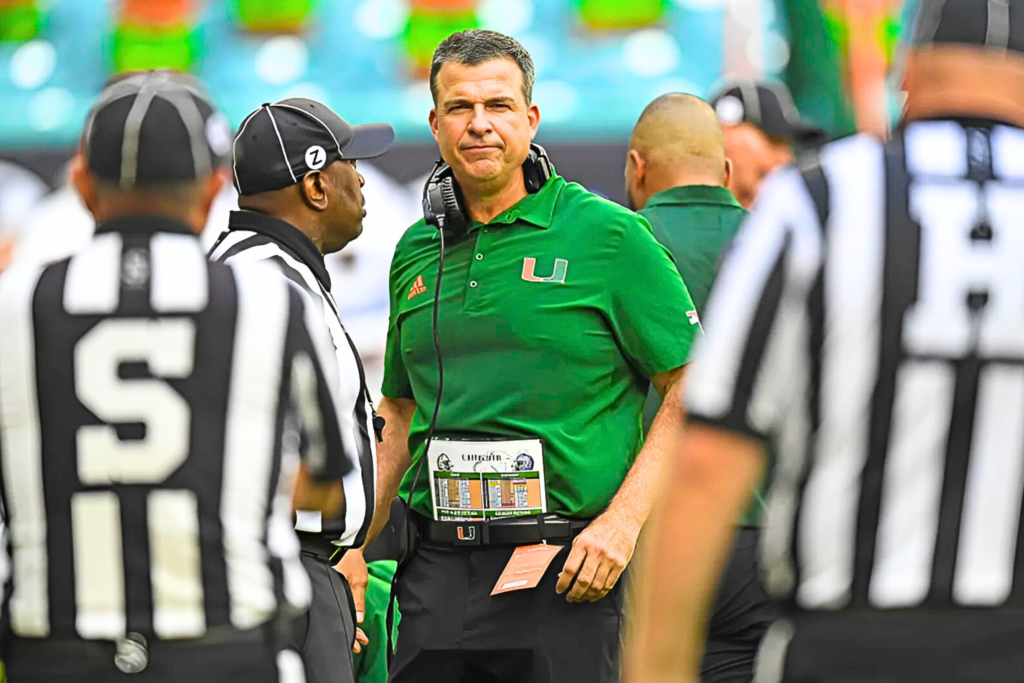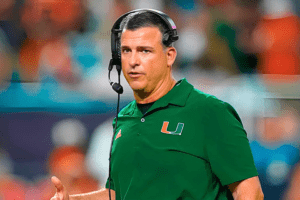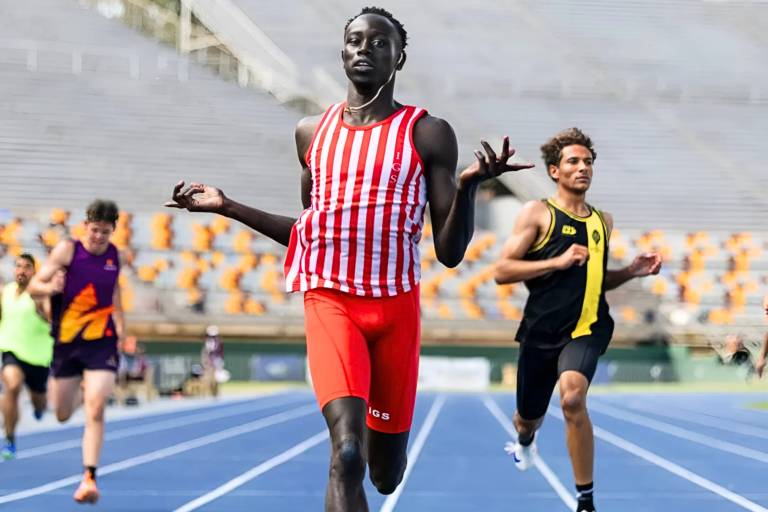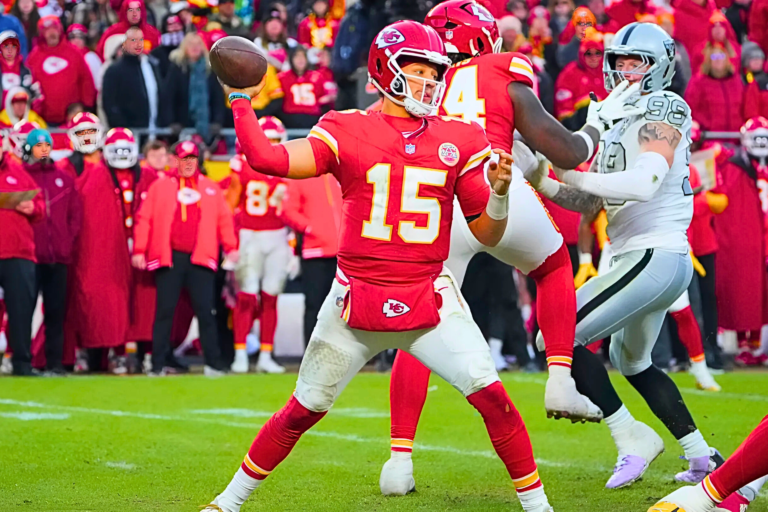
Warde Manuel Under Fire as Alabama’s Glaring Flaws Expose Injustice to Mario Cristobal and Miami
The debate over Alabama’s College Football Playoff (CFP) spot has been a focal point of the weekend season discussion, with questions of fairness and favoritism overshadowing everything else. Kalen DeBoer and his Alabama team have experienced a tumultuous season—a season that, at one point, seemed destined to fall short of playoff contention. Hope, however, sprang from a surprising victory at Bryant-Denny Stadium that boosted their shaky resume, landing Alabama at No. 11 in the latest CFP rankings. The wider college football community, though, is far from convinced. For many, the committee’s decision to choose Alabama over Miami reeks of favoritism.
The clash of opinions culminated on the Dan Le Batard Show, where a group of college football analysts gave voice to the discontent felt by many Miami supporters. Co-host Mike Ryan Ruiz was quick to criticize, questioning why Miami was punished more than Alabama for a similar loss record. Ruiz passionately pointed out, “What about the teams that are at .500, Warde? What’s Alabama’s record there? I’m really surprised that I guess people just really hate Alabama more than they hate Miami because it feels like the nation is starting to realize like, ‘Hold up that Oklahoma loss?’ Wait, Miami lost to Syracuse to bring them to two losses in the year. We’re going to punish that more than we’re going to punish Alabama’s loss to, still, a really bad Oklahoma team.”
These complaints reflect a broader frustration among Miami fans, who see the system working against them—the same old narrative of Alabama getting a leg up from the decision-makers. Lane Kiffin, the Ole Miss coach, had predicted this kind of outcome. Alabama, with its storied history, has always received the benefit of the doubt, but Kiffin warned of how problematic this power structure can be.
Jessica Smetana chimed in to add more fuel to the fire. She pointed out that Alabama seems to get preferential treatment largely because they’ve already proven that they can compete at a higher level. “I think that Alabama gets the benefit of the doubt because they’ve proven this season that their ceiling is higher because they’ve beaten Georgia, and Miami hasn’t gotten the chance to play a team like Georgia, and they haven’t gotten a chance to beat a team like Georgia,” Smetana argued. For Miami fans, it’s clear—they feel cheated by circumstances beyond their control.

Mike Ryan Ruiz then built on Jessica’s argument, pointing out that Miami, with a better record than Alabama, performed more convincingly against common opponents. Both Alabama and Miami played USF, but it was Miami that looked the better team. Ruiz expressed frustration at how the committee continues to shift the criteria for playoff selection, seemingly to suit the preferred narrative. “CFB usually considers, and that’s common opponents. ‘All right, so you have a Miami team that has a better record than Alabama. They both played a USF team. I know September does not exist in the eyes of the SEC, but in September, they both played USF. Who looked better against USF? Miami did. So it’s unfortunate that we just keep shifting the barometers in which we do.”
It’s tough for fans of Miami to take these decisions in stride—to them, it feels like the system is rigged against the so-called “underdogs” outside the SEC. Alabama benefits from their standing in the eyes of the committee, and this perception isn’t something easily overcome. For the Canes, no matter how much they excel, they just don’t seem to be given a fair shot.
ESPN brought Warde Manuel, chair of the selection committee, onto the air to defend the decision. Manuel insisted that it was the strength of Alabama’s schedule, not the record itself, that gave them an advantage over Miami. He pointed out that Alabama went 3-1 against current Top 25 teams, while Miami was 0-1. Against teams with winning records, Alabama had a 6-1 mark compared to Miami’s 4-2. Manuel made it sound simple—the tougher schedule, and not the controversial narrative of favoritism, determined Alabama’s placement.
Of course, both teams have faced adversity this season. While Alabama had a surprising fall against Oklahoma, Miami’s losses to Georgia Tech and Syracuse loomed larger for the committee. Whether the Sooners loss was worse is debatable, but the committee appears to be leaning heavily on the perception that Alabama has earned a shot at redemption. It’s also a story that the committee loves—a comeback tale for one of college football’s most storied teams. Alabama head coach Kalen DeBoer and his squad seem to benefit from this idea, with the committee buying into the belief that they’re capable of magic once they’re in the mix.
But this decision remains precarious. A slip-up by Alabama in upcoming games, or a surprising win by Miami, could still change everything. SMU remains a crucial piece of the puzzle, and a loss there could significantly weaken Alabama’s foothold in the CFP race.
For now, the college football landscape remains deeply divided. Miami and their supporters feel an immense injustice—that their efforts were overshadowed by bias for the old power structure. As the playoff picture continues to evolve, the fairness of Warde Manuel’s decision will be questioned by fans and analysts alike. Alabama might have the backing of the committee, but they are far from immune to the chaos of the season that’s still unfolding.






